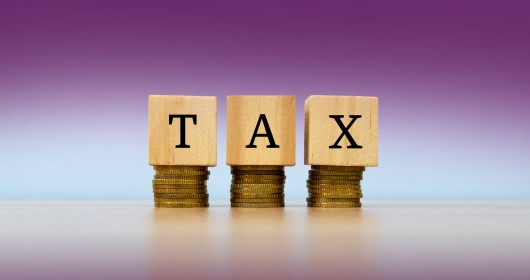The end of the financial year is the busiest as one needs to take care of various tasks including managing customer statements, reconciling bank accounts, filing taxes etc. Here are a few tips to prepare yourself for the end of the financial year which will help you sail smoothly through this process.
Take Care of Expenses

It is always advised to take care of your payments before the end of the financial year. Postponing on these payments will complicate your tax filing process and is not advisable. It is always better to deposit all the receipts generated by your company in the bank before the end of March which would help in filing your TDS returns.
Keep A Track of Your Turnover

If you have a business whose turnover is beyond INR 20 lakh, you will have to register your organization for the GST registration limit. It is prudent that you keep a track of how much your turnover is during the financial year. In case it does exceed the limit, it will be calculated for purposes such as applicability for registration and filing of specific returns, etc.
Always Calculate the Advance Tax Payable

In India, the income tax follows the ‘Pay as you earn’ principle. Under this principle, the advance tax for a financial year can be paid on the 15th day of June, September, December, and March during that financial year. To avoid paying the interest, it is better to calculate your taxable income and tax liability and deduct TDS to get the accurate advance tax payable.
Assess Your Inventory

As a business, you will have various raw materials, goods, tools, and spare parts that are essential in the functioning of your organization. Before the end of the financial year, it would benefit you to take a proper assessment of the inventory. Materials used, finished products, things that are in progress and what is unused are some of the assessments that can be done. It would also be helpful to mention the market value of these things when assessing your inventory.
Reconcile Your Ledgers

When your business pays the GST amount, they are done through different channels – tax credit or challan payments. A record of these payments is in the form of cash ledgers, credit ledger and liability ledger. Before the end of the financial year, it would benefit your organization to reconcile these ledgers at the GSTN portal.
Know Your Gains & Losses

A business has assets in the form of shares and mutual funds. When a company has good gains during the financial year, those gains could get taxed. However, selling off these assets before the end of the financial year could help reduce tax. This is because by selling the assets, you are effectively reducing your capital gain as well.